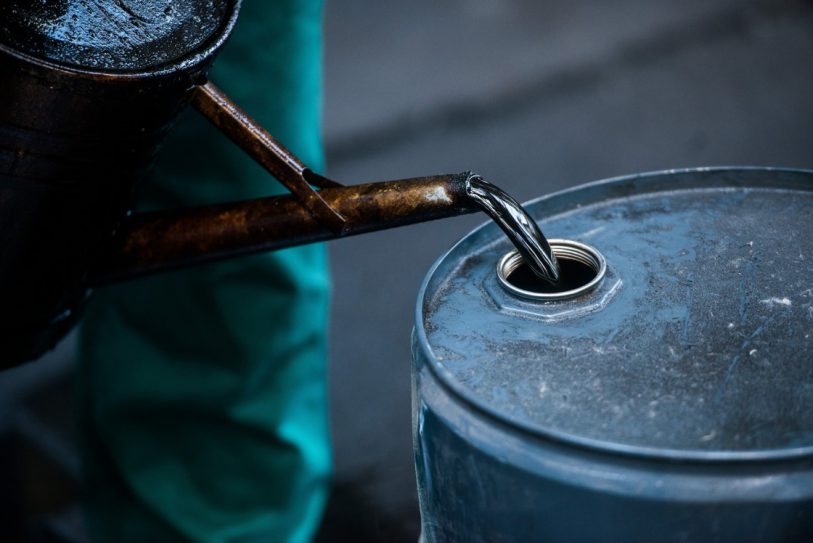‘Criollo’ barrel may return due to the crisis
The crisis unleashed by the Coronavirus pandemic and the collapse of the international oil prices reactivated the debate on a new implementation of the so-called "Criollo barrel"

The hydrocarbon production chain once again declared itself in favor of establishing a support price for the oil that is marketed in the country, known as the "Criollo barrel", to cope with the collapse of the price and demand for international crude oil.
Within this framework, dissenting voices also emerged, alerting that the measure will not solve the problems presented by the current state of emergency.
The topic under discussion since the beginning of March has been resumed in the last days after the international price of crude oil faced strong fluctuations and touched historical lows, both in the WTI variety used in the United States, and the Brent crude that is the local reference.
Thus, the debate was raised again by the Minister of Energy of Neuquén, Alejandro Monteiro, who is in favor of fixing a support price for the oil barrel due to the drop in prices and in the global demand for hydrocarbons in connection to the coronavirus pandemic.
Monteiro, when participating in a videoconference organized by Neuquén's Federation of Chambers of the Energy sector (Fecene), stressed that "the price of oil is intended to maintain the activity because it is a tool that will allow producing companies, and the rest of the value chain, to have an income expectation that they currently lack."
"One aspect that has been raised in the negotiations with the National administration is that the regional value chain and the maintenance of employment must be prioritized," said the official.
In this same vein, the president of Neuquén's Cámara Empresarial Industrial de Petróleo y Afines, Cristian Bergese, assured that the business chambers of Neuquén, Mendoza, Río Negro, Chubut and Santa Cruz provinces "couldn't agree more with the implementation of a support price."
"We agree on a Criollo barrel tied to certain obligations to be fulfilled, such as the development of regional companies, the maintenance of employment and the recovery of the activity," Bergese assured in dialogue with Télam after the virtual meeting joined by officials and legislators of the hydrocarbon-producing provinces.
Although the discussion that takes place within the orbit of the Ministry of Productive Development has the almost unanimous support of the production chain, voices of dissent were heard from the province of Buenos Aires, through the head of the Argentine Federation of Petroleum, Gas &Biofuel Trade Unions (FASiPeGyBio), Pedro Milla.
Milla considered that, if it is decided to establish the reference value for the domestic barrel at 45 dollars, there will be a "direct impact on the refineries and on the jobs."
In declarations made to Télam, he analyzed that "taking into account the global situation, a Criollo barrel at 45 dollars, the support price, would become an exuberant price and would only benefit the integrated companies sector. This would leave out refineries, which are abundant in the province of Buenos Aires, and an increase in jobs loss."
Regarding this issue, the president of the Confederation of Hydrocarbon and Related Marketing Entities (Cecha), Gabriel Bornoromi, expressed that the sector is also "in favor of a Criollo barrel."
A support price of crude oil is "a solution to preserve all the jobs in the oil industry and, when this situation ends, to grant the possibility of exporting and being self-sufficient, but fuel stations must be taken into account in these definitions."